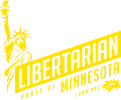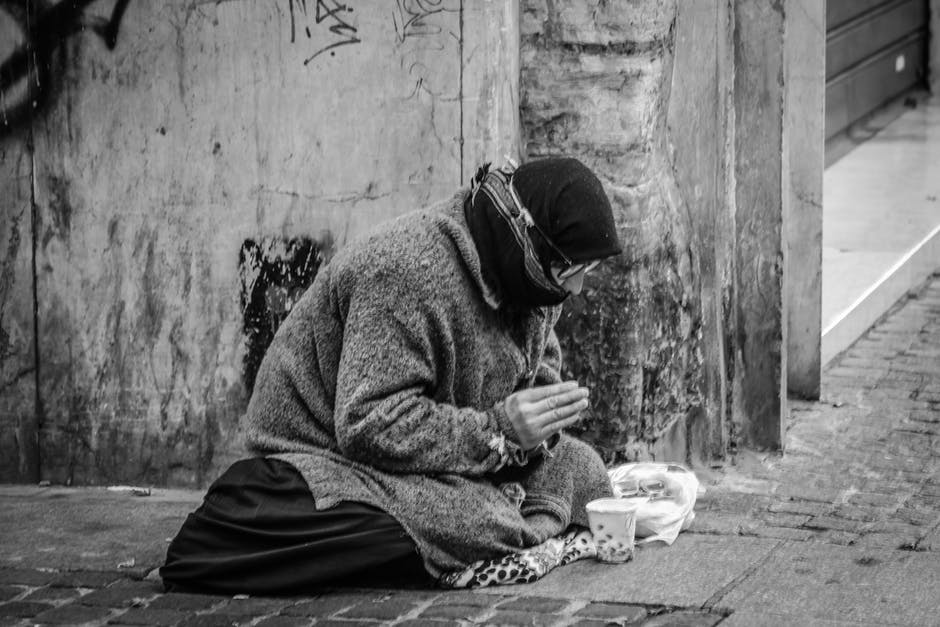One area of society that the Libertarian Party, and libertarianism and free markets as a whole, has failed to reach is the poor. The issue lies in the promises of elected leaders to resolve poverty with programs and increased hourly wages without drawing attention to the fact that poverty in liberally run communities persists and so do economic disparities.
The other problem is the dialogue we have with newcomers or curious people who come to find out what libertarianism can do for them.
Simply put, a free market creates competition. Competition in the market place opens doors for more jobs and also reduces the prices of goods and services. Both employment and a lower cost of living have a greater benefit to the poor than temporary assistance programs that keep people in the same situation. These opportunities provide freedom from dependence and an opportunity to invest in not only an individual’s wellbeing, but also their communities.
Capitalism brought greater opportunity to workers in the Soviet Union, China, and India. It can happen for people across the United States too if we advocate for a reduction in market regulation for competitors as well as better teach these concepts to poor communities in the U.S. instead of alienating them with a negative reception when they do come seeking solutions.

